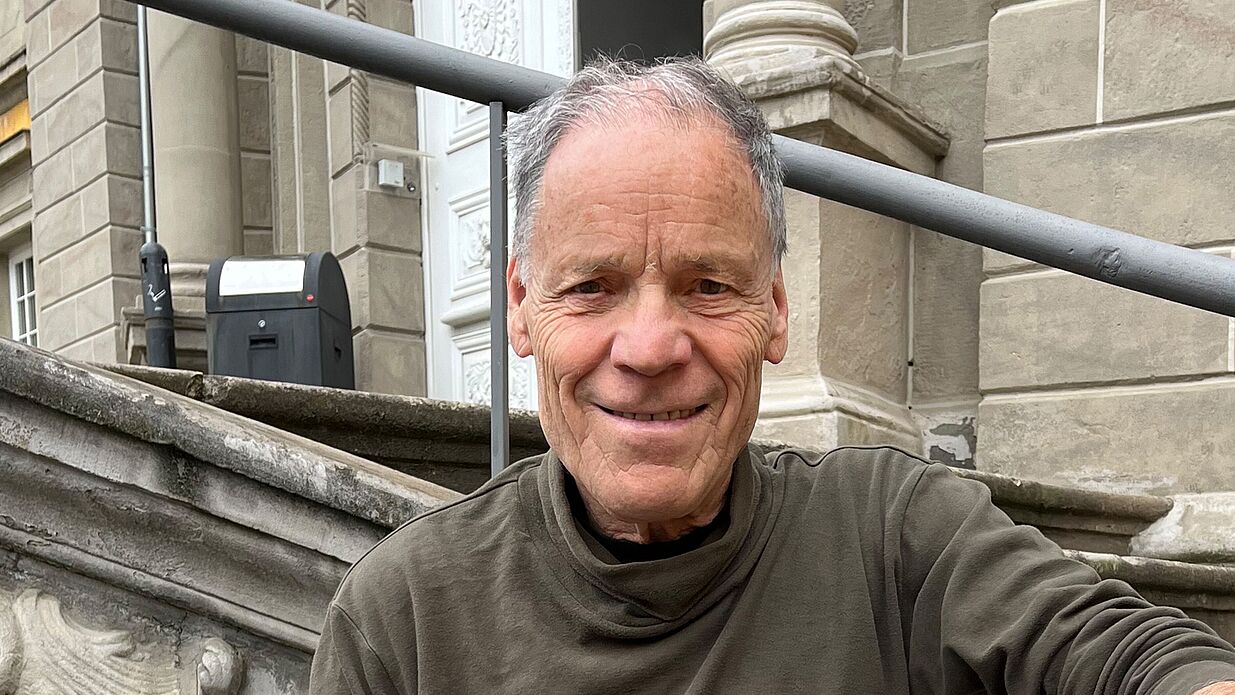Documentary Positions: Rainer Komers

“It is one of the great strengths of cinema to allow the trivial, the banal, the everyday as well as the outrageous and the sublime to speak and relate to each other on an equal footing.” (Rainer Komers) Born in 1944 in Guben, Brandenburg, filmmaker Rainer Komers has devoted himself to the everyday in his documentary work spanning six decades - and has tracked down unheard-of and sublime moments in it.
For Komers, everyday life means first and foremost the world of work: precise hand movements, physical exertion, technical processes, isolation, but also social gatherings. His camera, which he directs himself, creates precise images of people going about their daily work routinely and without wasting many words or - where this is in danger - fighting to keep their jobs.
The depiction of restructuring and demolition in the Ruhr region - Komer's adopted home - runs like a common thread through his work. The West German conurbation and the heavy industry, closely interwoven with the history of National Socialism, are important scenes of hardship, exploitation and injustice in Komer's films. His films deal with the workers with empathy and sympathy, and since the early 1980s they have also dealt with racist and fascist ideas in the Ruhr region.
From the late 1990s onwards, Komer's view broadened in two respects. On the one hand, Komer's films often take him to faraway places, and on the other, he tries out new forms of documentary storytelling. With films such as Nome Road System (2004), Kobe (2006) and Ma'rib (2007), he created poetic “travelogues” composed without language. Imposing (cultural) landscapes stand on an equal footing with human behavior and lifestyles in all their facets. Komer's cinema is, from now on at the latest, one of picked-up rhythms and sounds. It dispenses with the explanatory reportage style often dictated by television and gives us time to grasp the “everyday” and the “unheard” with our senses.
The new edition of the Documentary Positions series, which honors documentary filmmaking beyond the mainstream, presents Rainer Komer's films, an oeuvre that for decades has turned with curiosity to people and their everyday struggles with society and nature and that relies on an audience that is also curious and looks and listens with self-determination. (Tilman Schumacher)
Tilman Schumacher is a research assistant at the Friedrich Schiller University Jena and curates film programs, including for the Leipzig GEGENkino Festival, which presented a tribute to Rainer Komers in 2024.

